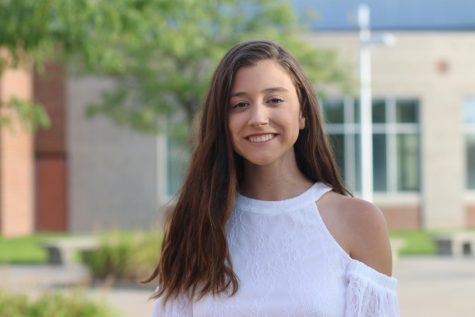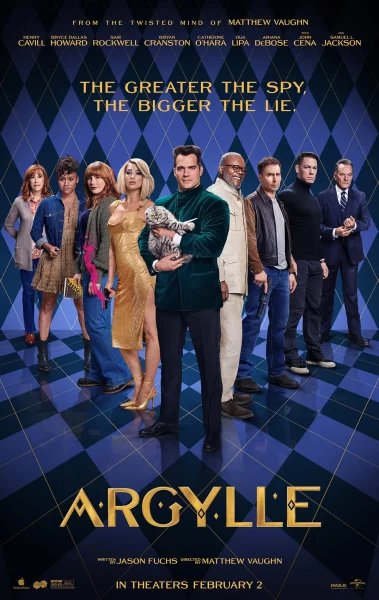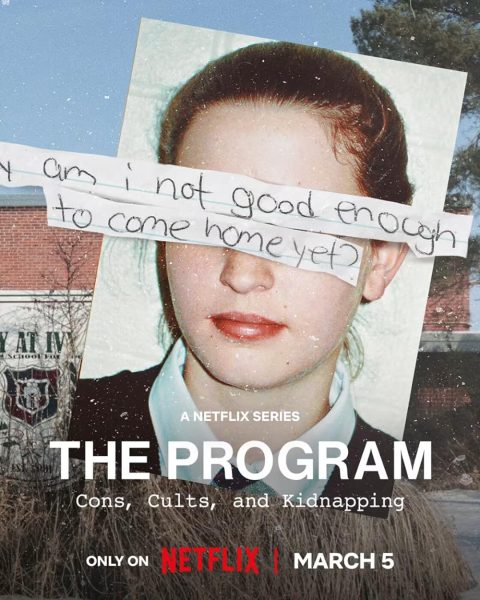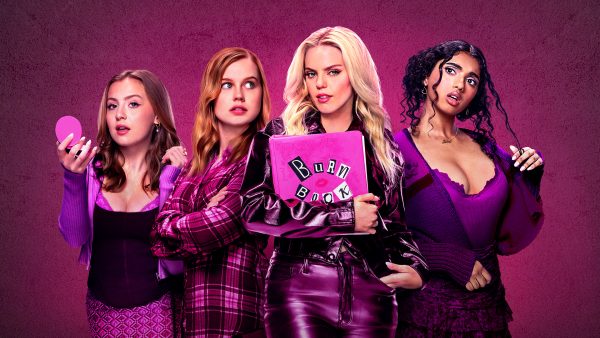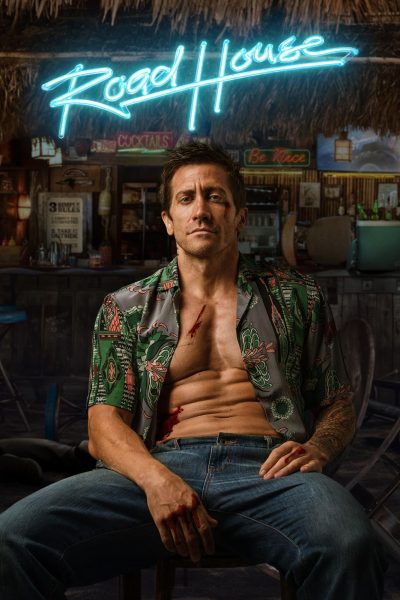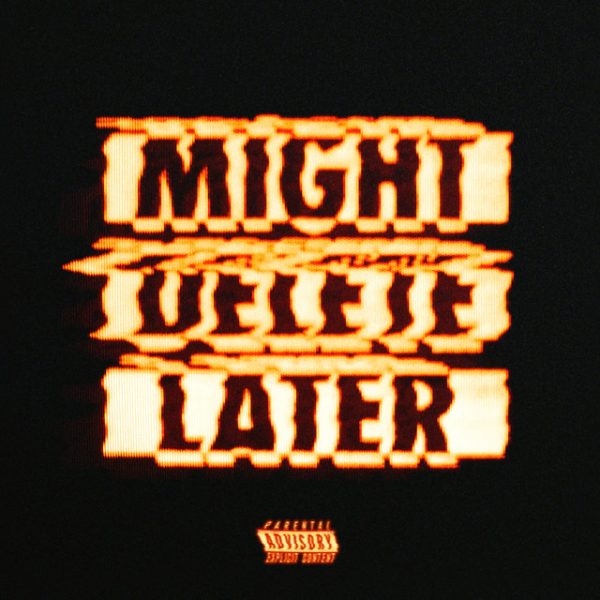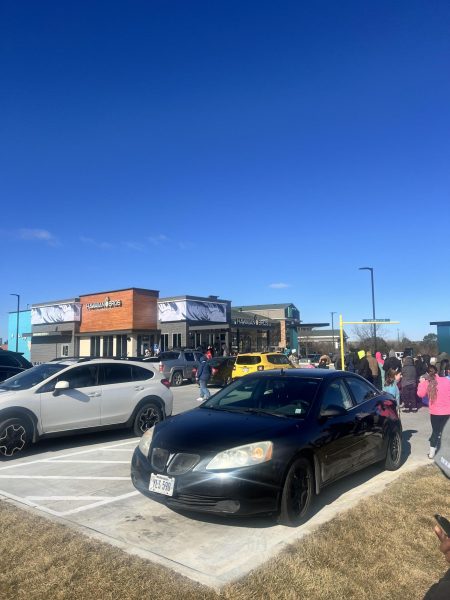13 Reasons Why this show must end
Season three brings only more insensitivity towards social issues

Coming back for a third season, 13 Reasons Why twists the tale of the awareness of suicide into a murder mystery. Within the three seasons, the show has dragged on social justice issues, making it one of the biggest “relateable” shows on Netflix.
September 9, 2019
After the award-winning book 13 Reasons Why was published by Jay Asher, several seasons of the Netflix original followed, burying the awakening message of how the actions we make affect those around us from the book, into an overly controversial approach towards awareness of social issues.
On August 23rd, season three was released revealing that the previous main antagonist of seasons one and two, serial rapist Bryce Walker, had been murdered.
Season three decreased the intensity with bringing in the aspect of murder into the falling apart jumble of issues scattered among the plot. The abundance of issues would seem to create a packed season of excitement, but it only manages to disappoint with its laziness of addressing said issues and putting too much drama in the span of 13 episodes. Season three destroyed any doubt I had that this show was purely based on good intentions of spreading genuine awareness.
As a reader of 13 Reasons Why I can claim that the story while being touchy and uncomfortable to grasp, is a great display of how life is not picture perfect. Along with the characters of the book, readers follow along to see why teenager Hannah Baker decided that her life wasn’t worth living. Though seeming extreme at points, the book accurately presented cases of sexual assault, suicide, bullying, gun violence, abortion and drug use which can be found in most high schools. These relatable topics led to the creation of a TV show, where the horrifics described in the book come to life.
The first issue I have with season three is that it even exists in the first place. The story of Hannah Baker becomes washed out and drags her impactful story with her to the grave. It seems that the lessons the characters were supposed to learn disappeared with the creation of the new season. Within the first episodes a new character, Ani. Ani replaces Hannah and becomes the new narrator of the series who seems to have insight on everyone in town. The shift in characters seems nonetheless wrong in that Hannah Baker’s story gets swept under the rug as we follow Ani and her relationship with Bryce Walker before his death.
Season three serves as redemption for Bryce, played by Justin Prentice, as flashbacks split up throughout the series show him attempting to learn from his bad behavior and become a better person. I respect the concept of the producers trying to show how people can change their ways, but before the audience gets to see Byrce truly form into his new self, he is killed off.
The next main issue is the mixing
pot of issues scrambled within the plot. It is apparent that lots of unfortunate situations happen within a lifetime, but 13 Reasons Why almost seems to force them down your throat.
For example, sexual assault stands as a strong topic within this season as Jessica Davis (Alisha Boe) starts her own Me Too movement. Jessica forms a coalition of assault survivors intent on making their voices heard. This allows the formations of students to get together and engage with the issue. Too often, though, it results in scenes where students stand up in school meetings and shout “F*** rapists!”. This quote seems to almost take away the realistic perspective on what the Me Too Movement should stand for. It’s not about slander, it’s about coming together.
The show also throws in Tyler Down, (Devin Druid) into a sexual assault situation in season two. Instead of presenting counseling and therapy the show talks about the characters needing to cope, it almost presents the characters in a light as if nothing happened.
Other topics flow in and out the seasons, but each one makes such a brief message that it loses its purpose due to the other quantity of issues.
Overall, season three presented more mellow episodes that seemed to miss the mark of awareness and turn the show into an unintentional comedy that did not string together. In my opinion, it seemed to seem at a grasp for straws just to make more money within the series.

